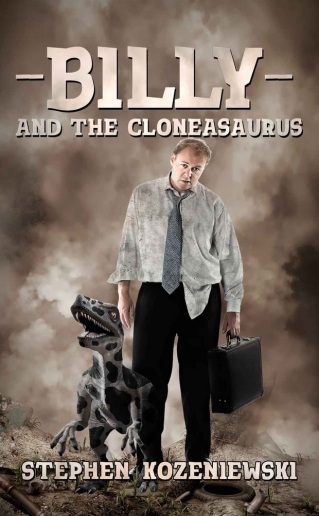
I must live in an alternate reality where white straight male writers never win the majority of literary awards, and white straight male narratives are appallingly underrepresented in science fiction, fantasy, horror, and speculative fiction. I mean, whenever I walk into a bookstore or library I have to search for more than an hour just to find one book (JUST ONE) about a white straight guy saving the world. I wish there was just one strong example in scifi/fantasy/horror where the main character was white. And if I want to see white straight men on the silver screen, I can’t without attending those special artsy cinemas that show indie stuff with subtitles.
This must be the alternate reality I live in. A toxic subset of manbabies think white straight male writers have struggled for centuries from what they call, “literary affirmative action” and therefore can’t win Hugo Awards without sabotaging the election process and kicking all the icky gays, racial minorities, and women out. I mean, it’s only fair, right? Because what science fiction, fantasy, horror, and speculative fiction needs more of is less diversity and we can thank the fine folks at Sad Puppies for making this our reality in fucking 2015.
Taken from Book Riot:
Along with the Nebula Awards, the Hugo Awards are considered to be one of the two major awards for science fiction and fantasy works. While the Science Fiction Writer’s Association nominates and votes on Nebula Awards, the qualifications for the Hugos are more lenient. One only has to buy a supporting membership to WorldCon in order to vote.
In recent years, the nominees and award winners for Hugos have begun to diversify. The world is changing, both in and out of publishing. As our world becomes more embracing of diversity, our reading and awards are reflecting that. More women and authors of color have been nominated and are winning. Unfortunately, not everyone sees this as a good thing.
Enter Sad Puppies, a small group of authors and fans that have decided the Hugo Awards were not accurately reflecting the tastes of science fiction and fantasy fandom. (You know, the people who were already voting on the awards.) So Sad Puppies, led by Brad Torgersen, created their own nominee list and encouraged people to vote for them. The list is significantly less diverse that it has been the last few years.
According to Torgersen, the Sad Puppies effort is to fight what he sees as an “insular” fandom of voters at Worldcon. Part of his defense of these choices, however, is more telling:
Along the way we fairly skewered the concept of literary affirmative action — that works and authors should be judged on the basis of author or character demographics and box-checking, not the audience’s enjoyment of the prose…
In a worst-case scenario (which is far too often fact in situations like these), this is coded, aggressive, anti-diversity talk. For the sake of argument, let’s take Torgersen at his word. If he’s speaking plainly, then he’s ignoring a big problem: the publishing industry (especially in science fiction and fantasy) is skewed heavily toward white, male writers.
Torgersen is right in one regard: awards should be handed to the best novels and their writers, regardless of race, ethnicity, or gender. No one thinks otherwise. But if we’re not reading diversely, the pool of books we nominate will not be diverse, either.
It’s a common straw-man argument against reading diversely: “I read what I like, regardless of the author’s race or gender.” We at Book Riot see this all the time. This argument would work if the publishing industry were fair. If the genders and races of published authors were equivalent to the actual demographics of the world, then sure, that argument holds water. But since the publishing industry isn’t fair, that argument falls apart.
Further Reading:
Elizabeth Bear
Chuck Wendig
io9
George R. R. Martin also weighed into this fight. His response is taking the limelight right now, so I thought I’d also include it HERE.
The general consensus among authors and readers is this: Sad Puppies’ hijacking of the Hugo Awards is a shit sandwich and spells future disaster for booklovers and writers alike. No, Damsels with Chainsaws is not a SJW blog, but we do want to see good stories. ALL good stories. Expanding fiction for everyone is not going to hurt the SF/F/H community. If anything, I think it’ll make our readership stronger.





